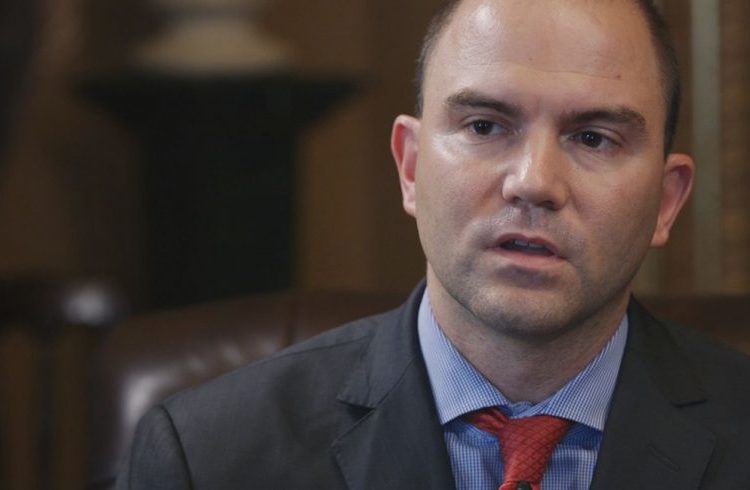Donald won’t be able to “completely” change his predecessor’s policy in relation to Cuba because his measures “have been popular,” said Ben Rhodes – advisor to ex-President Barack Obama – during the eMerge technology forum held in Miami.
Rhodes, who as part of the Obama team boosted the reestablishment of relations between the United States and Cuba since 2014, affirmed that he had seen nothing that seemed to indicate that Trump will change everything, adding that the problem they are going to face is that Obama’s policies have been popular and have enhanced the participation of private enterprise in Cuba.
However, the former national security advisor said that he is worried about certain aspects being restricted, like the one related to trips. If the trips are restricted to once a year per person, that will damage private enterprise and the airlines are going to be affected, he said.
The U.S. president will announce next Friday in Miami a series of changes in the policy toward Cuba, which will include the ban on U.S. companies doing business with entities linked to the Revolutionary Armed Forces of Cuba and the possibility of imposing more restrictions on trips by U.S. citizens to the island.
As part of the fourth edition of eMerge Americas Forum – which seeks to connect innovative enterprises with business leaders, entrepreneurs, investors and official North American, Latin American and European agencies – Rhodes participated in a panel about the keys in the opening of relations between the United States and Cuba and in the development of small enterprises on the island.
With the perspective of the recent years and already out of the frontline, he said that in terms of opportunities the Cuban government is more comfortable with a limited scenario. If there is more business, that will empower the Cuban people, added Rhodes, who defended the Obama administration’s policy with Cuba and referred to the ex-president’s words: “I am hopeful for the future, because I trust that the Cuban people will make the right decisions.”
John McIntire, president of the Cuba Emprende foundation, and Brett Perlmutter, Google strategy and operation chief in Cuba, were present with Rhodes. Referring to the evolution of relations in the future, Perlmutter affirmed that his vision is that of a “Malecon Silicon” in Cuba “20 years from now”, with a community of entrepreneurs simultaneously connected to the world.
In that Cuba, information to the United States “will flow freely,” according to the Google representative in the talk.
Meanwhile, John McIntire mentioned Airbnb as a company that in a short time has attained 22,000 room rental ads in Cuba, more than in San Francisco, Los Angeles and Boston.
Although he recognized that the system of payment to the so-called “hosts,” the persons who rent their rooms through Airbnb, is improvable, he said that the system functions and 97 percent of the transactions arrive in cash to the hosts.
The profits of Cubans who rent rooms or their homes or apartments through Airbnb have totalled 40 million dollars since April 2015, the company recently said in a report about Cuba.
It is estimated that more than 13,000 visitors and more than 100 speakers, like Steve Wozniak, cofounder of Apple, who presented an event inaugural paper, participated in this technological conference, held June 12 and 13 in the Miami Beach Convention Center.










